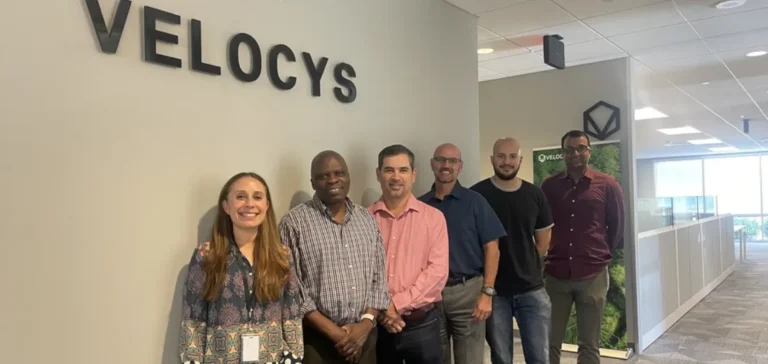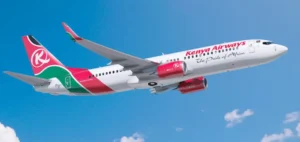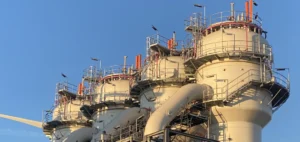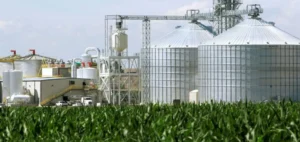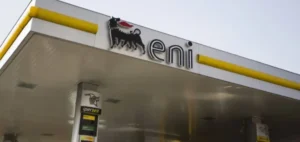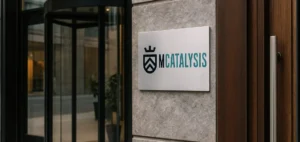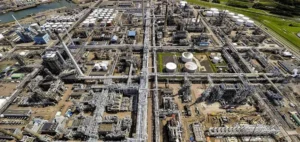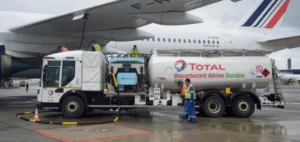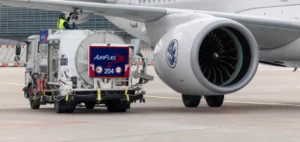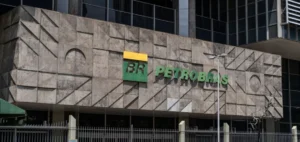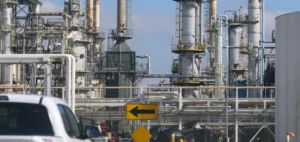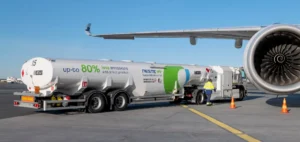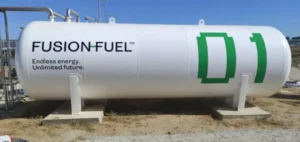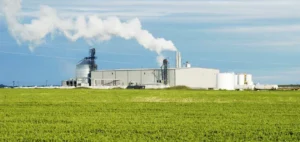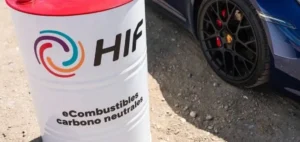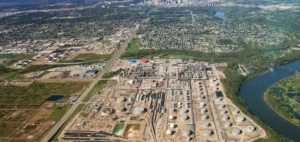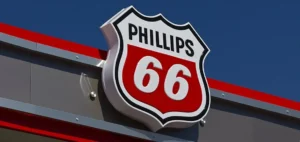The alternative fuels sector in Uruguay is reaching a new milestone with the announcement of Velocys’ selection as Fischer-Tropsch (FT) technology supplier for the NovaSAF 1 project, developed by Syzygy Plasmonics. This plant targets a nameplate capacity of 500,000 gallons per year of ASTM D7566-compliant sustainable aviation fuel, produced from biogas and dairy waste, using only renewable electricity.
New approach to waste conversion
The NovaSAF platform is based on Syzygy Plasmonics’ patented e-Reforming technology, which produces synthesis gas (syngas) at the optimal ratio for FT synthesis directly from biogenic methane and carbon dioxide. This process, without green hydrogen or complex gasification, eliminates the need for steam reforming or electrolyser steps, thereby reducing water requirements and capital expenditure.
Syzygy Plasmonics confirmed that the modularity of the system offers great flexibility in feedstock sourcing, especially on agricultural sites generating biogas. The UK-based company Velocys, recognised for its microFTL, provides a compact and reliable FT technology, aiming to maximise fuel yield while maintaining control over production costs.
Replication potential and certification standards
The NovaSAF 1 project plans to start commercial operations in the first quarter of 2027, following a final investment decision expected in the fourth quarter of 2025. Certification processes are underway, including with the Carbon Offsetting and Reduction Scheme for International Aviation (CORSIA), the European Union’s EU RED II and Renewable Fuels of Non-Biological Origin (RFNBO), as well as the Low Carbon Fuel Standard (LCFS) and Renewable Fuel Standard (RFS) in the United States.
Trevor Best, Chief Executive Officer of Syzygy Plasmonics, stated that the modular solution developed with Velocys reduces the overall cost of synthetic fuel while being ready for replication. According to the company, more than 50,000 biogas sites remain potentially usable globally, highlighting the scale of the addressable market.
Matthew Viergutz, Chief Executive Officer of Velocys, pointed out that integrating its technology into this project strengthens the ability of new SAF platforms to adapt rapidly and flexibly to changing markets. The cooperation between the two companies highlights cost reduction and scaling strategies in the synthetic fuels sector.


